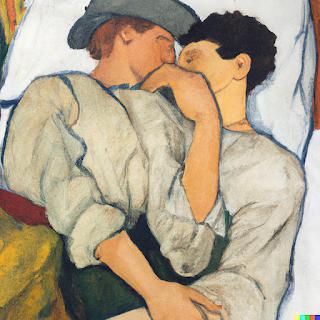We will stop talking in the future.
We will stop talking slowly in the future. I might still be smoking the same old brand of cigarettes we used to smoke. Or even keep the dresses you left home after a quick visit. But. Slowly, in the future, we will stop talking. I might still listen to the same Playlist we created. Even keep the movies we love to watch over and over again. I swear I will keep the books we kept exchanging, and sure, I will go through the highlighted neon green letters. Over and over again. I will go through the old hard disk full of our selfies. The one on a rainy day in the cable cars over that dam and gardens , The one at the railway station when I was saying you a brief good bye. The one where you looking at the stars, I can barely see you but you still there, looking at the stars and gazing at me often. But. Eventually, in the future, we will stop talking. I might call you occasionally over a long-distance phone call. And I am sure I will ask about yo...









